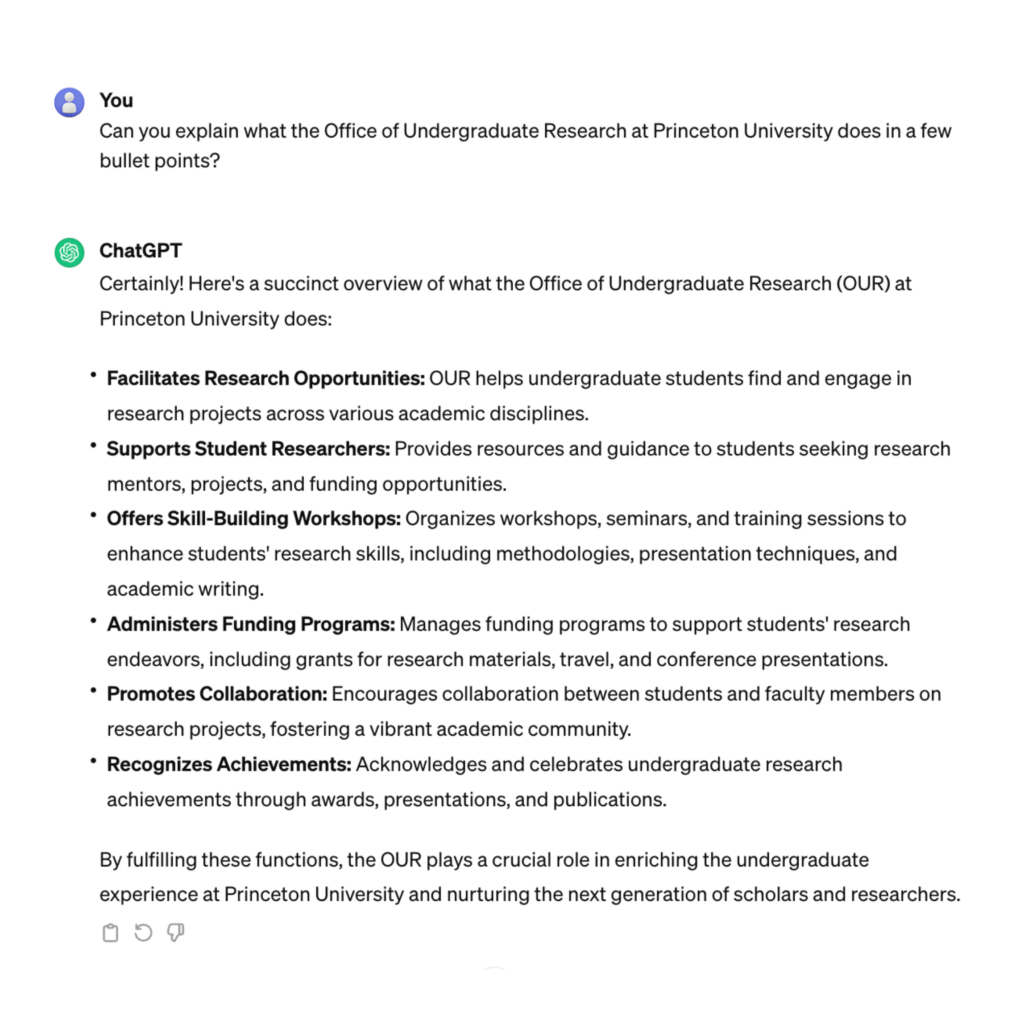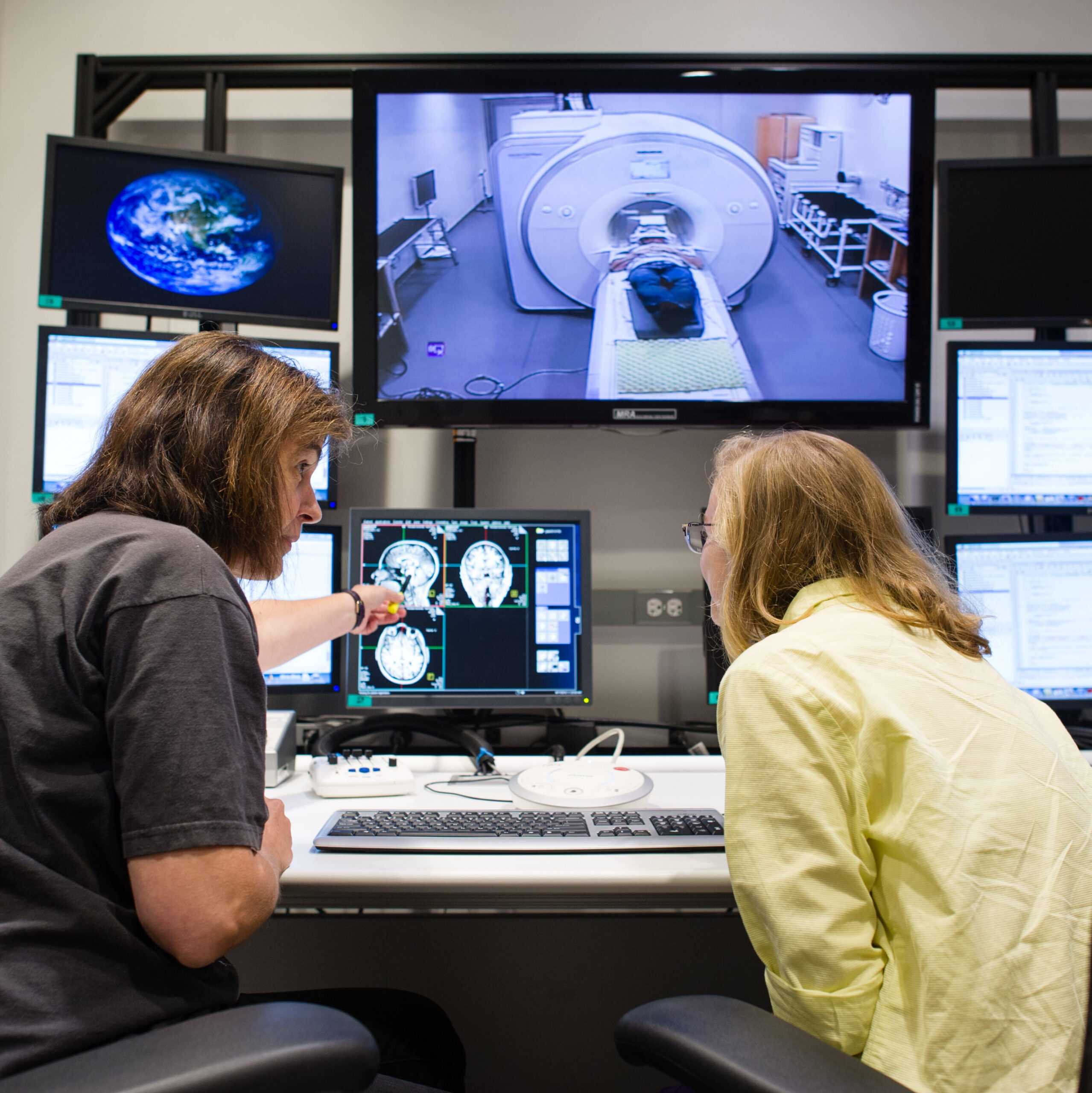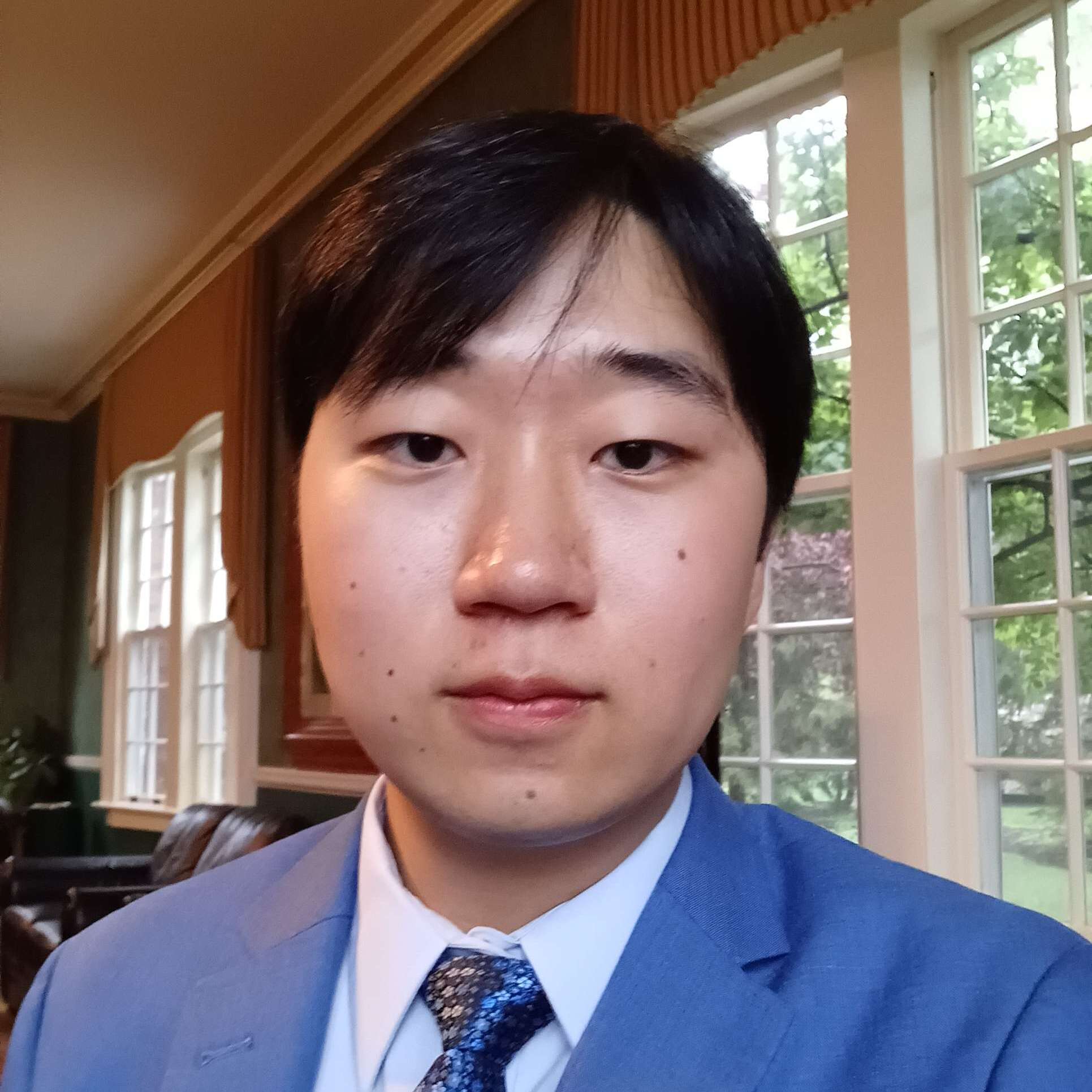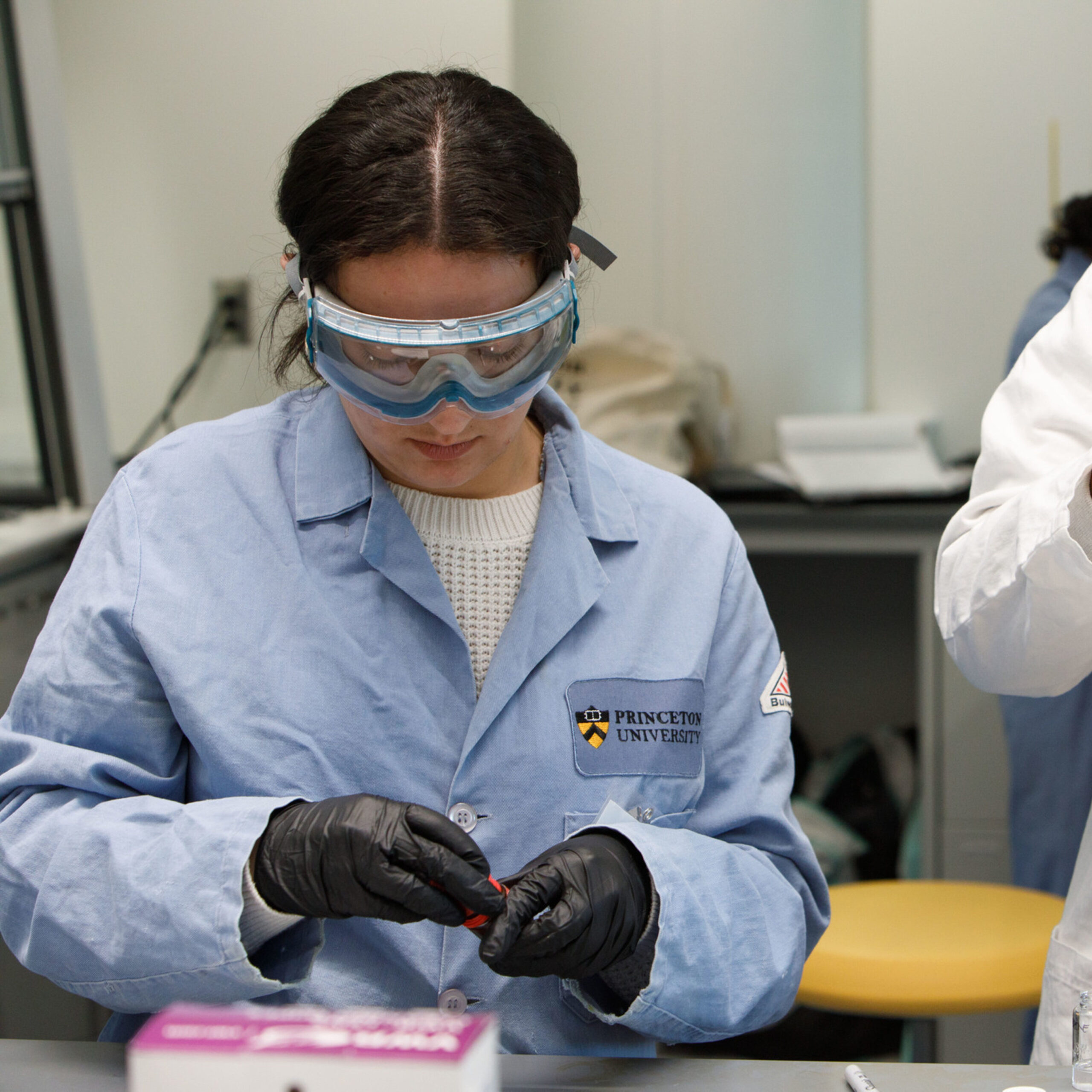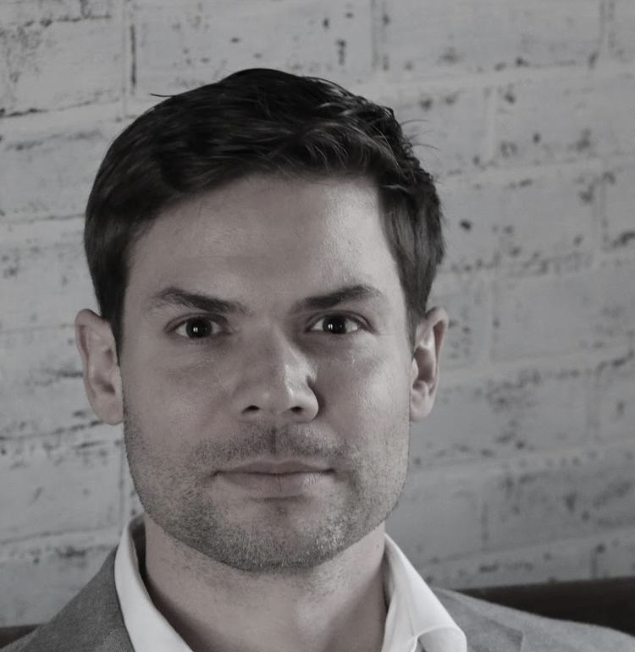
I had come to grapple with the idea of ethics in the engineering world when I became fascinated with Department of Defense (DoD)-related technologies and applying my computer science background to space-related development. I was struggling with the ethics in relation to human ecology, especially in defense and technology militarization, and how to balance this struggle with my fascination for the technologies present in the industry. Michael and I first connected via email over aligned interests in professional codes of conduct in defense and security AI systems.
As I began this research insights series, I sought to interview Michael in order to get a sense of what his research might look like from a highly interdisciplinary perspective, and how ethics, something that is prevalent in any academic area, is present as a core focus of research. In this article, I’m excited to present my interview with Michael, focusing on human interactions with the natural world, and how to quantify “life” and its “value” within a vast ecological space.
Please note that one response discusses animal injury and death.
Continue reading Research Insights Series: An Interview with Michael J. Thate

